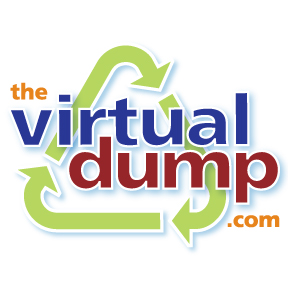Reduce, Reuse, Recycle
Tips to Save Our Earth
There are many simple things you can do to help make a positive impact on this planet. As a whole, we have to start changing our buying habits and focusing on only purchasing what we need. Each item we buy uses energy that might not be necessary. By making many small changes, we can make a big impact.
Paper Waste
- Cloth Napkins
- Instead of using paper towels or paper napkins, invest in washcloths. In just a few months, cloth napkins become significantly less expensive than using rolls of paper towns regularly. Not only do they look better and last longer, but they also produce less trash.
- Paper Towels
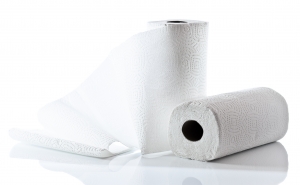
- When you are out in a public restroom, try to use just one paper towel. If each person used one less paper towel, it would make a significant impact and benefit the business owner.
- Receipts
- At the gas station, do not print the receipts unless you need them.
- Mail
- Cancel the magazines that you do not one. For solicitations, write on the letter “please remove me from your mailing list” and send it back in their envelope.
- Pass on your read magazines for another opportunity to be used.
- In just a few minutes, you can cancel subscriptions and stop unsolicited junk mail, cutting your paper waste.
- Another option is to read these online instead.
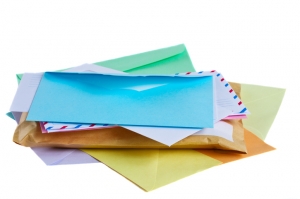
- Promotional Products
- At trade fairs, only take the promotional products and paperwork you will use. Millions of logo items end up in the landfill.
- Similarly, when printing promotional items for your business, choose something useful that will not end up in the landfill
- Gift Bags
- Instead of using wrapping paper, use a gift bag so that the next person can reuse it.
Plastic
- Dry Cleaning
- If you are someone who gets their drycleaning done regularly, the plastic waste can build up quickly. At the cleaners, start using reusable dry cleaner bags. These last much longer and are better for the environment.
- Return hangers to the cleaners to be reused. Most hangers are used once and thrown away. You could also bring your own.
Food Waste
- Drive-Thru
- At the drive-thru window, ask for only what you will use. For example, do not take the ketchup if you do not intend on using it or ask for the amount you want and will need. Many times, they will fill the bag with napkins and extras that will be thrown away.
- If you do end up with additional paper napkins, instead of tossing them, store them in your car for future emergencies.
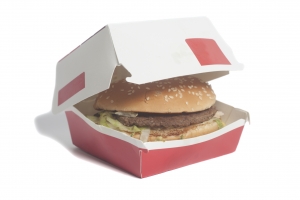
- Plastic Silverware
- If you use plastic silverware for an event, wash and reuse them again if possible.
- Reusable Bags
- When shopping, one of the easiest ways to decrease waste is to use reusable bags. By storing them in the trunk of your car, it will be easily accessible the next time you have to buy groceries.
- Meal Planning
- One of the more significant issues we face is food waste. By meal planning, it ensures that you are only buying the groceries you will eat.
Containers
- Water Bottles
- Paper cups and plastic water bodies are vast wastes of material. These end up in our oceans. There’s a straightforward fix, and that is to use a reusable drink container for coffee and water. Some drinking faucets and water fountains are now larger to fill up your water container.
- Return Floral Vases
- If you buy flowers from a store, return their vases so they can reuse them. It saves the store from buying more vases, and the fewer items we buy, the more energy we can save.
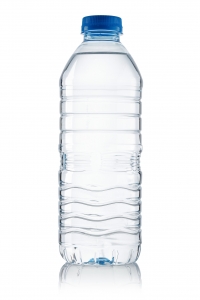
- If you buy flowers from a store, return their vases so they can reuse them. It saves the store from buying more vases, and the fewer items we buy, the more energy we can save.
Water
- We have to save our water. Repair any water leaks in your home and turn the water down when showering, washing dishes, shaving, brushing your teeth, etc.
Before throwing out any items, find out where you may be able to recycle it or gather for future use. Read the materials from the garbage company to see what can go into the recycling bins. When in doubt, call your local garbage company for any questions on what can be recycled. In order for us to continue having recycling companies easily accessible, we must follow what can go into the bins. If the recyclable materials are contaminated (i.e. the oil on pizza boxes), they will not be profitable.
We hope these tips help you save our earth. Don’t forget, be conscious of your waste before buying something, invest in what will last, and little things mean a lot!
